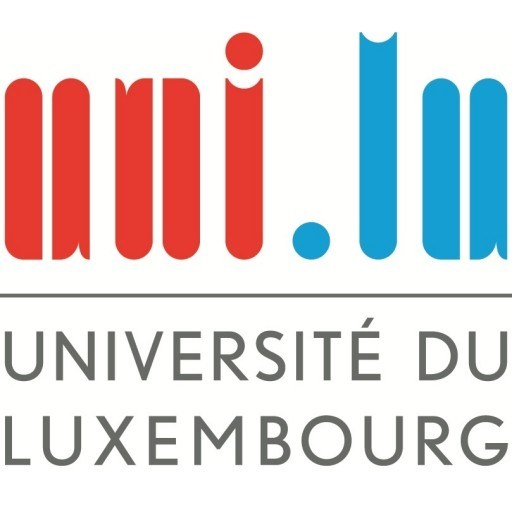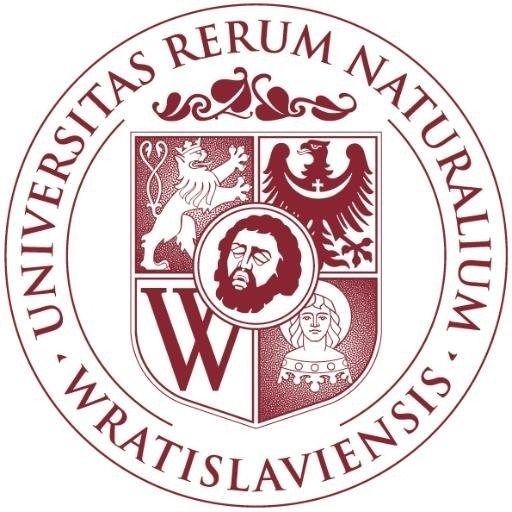Photos of university / #sydney_uni
The Bachelor of Veterinary Medicine at the University of Sydney is a comprehensive and rigorous program designed to prepare students for a professional career in veterinary science. This degree provides students with a deep understanding of animal health and disease, equipping them with the essential skills to diagnose, treat, and prevent a wide range of veterinary conditions. The curriculum covers fundamental sciences such as anatomy, physiology, pathology, microbiology, and pharmacology, alongside specialized veterinary subjects including clinical practice, surgery, anesthesiology, and animal welfare. Students benefit from a combination of theoretical learning and practical experience, including clinical rotations and internships that take place at leading veterinary hospitals and farms. The program emphasizes the importance of ethical practice, animal welfare, and the One Health approach, recognizing the interconnectedness of human, animal, and environmental health. Graduates of this program are well-prepared for careers as veterinary practitioners, research scientists, or roles in governmental and non-governmental organizations involved in animal health and welfare. The University of Sydney’s state-of-the-art facilities and expert faculty ensure a high-quality educational experience, fostering critical thinking, problem-solving skills, and professional competence. Through a blend of lectures, workshops, simulations, and hands-on training, students develop the confidence and expertise required to excel in the veterinary profession. The program also encourages lifelong learning and participation in professional development, ensuring graduates stay at the forefront of advances in veterinary medicine. With strong industry connections and a focus on sustainability and innovation, the Bachelor of Veterinary Medicine at the University of Sydney prepares students to meet global challenges in animal health and contribute positively to society.
Graduates of This accredited Doctor of Veterinary Medicine program are immediately eligible for Enrollment with the Practitioners Board in each Country and territory in Australia. The training course is also recognised internationally by the Royal College of Veterinary Surgeons (UK) and is licensed by the American Veterinary Medical Association (AVMA). Students graduating from an AVMA-accredited faculty have their degree recognised in North America and therefore are eligible to sit US National Veterinary Accreditation Accreditation.
Entry to a Doctor of Veterinary Medicine is based upon the following criteria: 1 ). Grade Point Average (GPA) in the completed Bachelor's degree, minimum credit average required 2. Successful conclusion of prerequisite components . Doctor of Veterinary Medicine Entry Report including at least 28 weeks of relevant work experience and animal handling experience, using the prescribed form allowable from at least four (4) referees, to be routed directly from the referee to the school using the form available on our website 4. Have met the University's English language requirements All these are the minimum admission requirements for your DVM. As entrance to the program is highly competitive, students that meet the minimal requirements are subsequently ranked based on academic operation and admission statement.
The University of Sydney offers a comprehensive array of financing options to support students enrolled in its Veterinary Medicine program. Prospective students are encouraged to explore a variety of funding sources to assist with tuition fees, living expenses, and study materials. Domestic students may be eligible for government-supported financial aid schemes such as FEE-HELP, which provides income-contingent loans to cover tuition costs. Additionally, the university offers scholarships specifically targeted at veterinary students, including merit-based awards, leadership grants, and research scholarships aimed at supporting academic excellence and innovation within the field. International students can access a range of scholarships, including the Sydney Scholars Awards and specific faculty-based scholarships, which assist with tuition fees and living costs, although they are often competitive and require strong academic records. Beyond scholarships, students can explore external funding options such as private grants, industry-sponsored bursaries, and professional associations related to veterinary medicine that may provide financial assistance. The university also provides financial counseling services to help students plan their budgets accordingly and make informed decisions about funding their studies. For students undertaking practical placements or research projects, there may be additional funding opportunities available through government grants, research councils, or industry partnerships. Part-time employment is also a common way for students to supplement their income, with numerous on-campus and off-campus work opportunities available for veterinary students. International students should consider currency exchange rates, visa requirements affecting work permissions, and additional costs associated with studying abroad when planning their finances. Overall, the University of Sydney is committed to making veterinary education accessible through a diverse range of financial support mechanisms, fostering an environment where talented students can succeed regardless of their financial background.
The Bachelor of Veterinary Science (BVSc) at the University of Sydney is a comprehensive and highly regarded undergraduate degree designed to prepare students for a career in veterinary medicine. This program provides students with a solid foundation in animal biology, health, and welfare, integrating theoretical knowledge with practical skills through extensive clinical training and hands-on experience. Students will study a broad range of subjects including anatomy, physiology, microbiology, pathology, pharmacology, and epidemiology, which are essential for understanding the complex health issues faced by animals and their owners.
Throughout the course, students engage with a combination of lectures, laboratory work, field studies, and clinical placements. These placements are conducted in various settings, from rural farms to urban veterinary clinics, providing diverse exposure to different species and medical conditions. The program emphasizes not only the scientific and technical aspects of veterinary medicine but also the importance of communication skills, ethics, and professionalism in practice. The curriculum is designed to foster critical thinking, problem-solving abilities, and a compassionate approach to animal and human health.
The BVSc program typically spans five years, culminating in a Bachelor of Veterinary Science degree. Upon graduation, students are qualified to register as veterinarians and can pursue careers in private practice, research, public health, or governmental agencies. The university maintains high standards of teaching, supported by state-of-the-art laboratories and clinical facilities, including the Wellington Veterinary Hospital. The program also encourages graduate research and specialization, offering pathways for students interested in areas like surgery, internal medicine, or exotic animal medicine.
Admission to the program is competitive and based on academic achievement, relevant experience, and interviews. Prospective students are advised to prepare thoroughly by gaining relevant exposure to veterinary environments and demonstrating a genuine interest in animal health and welfare. The University of Sydney's commitment to veterinary education is reflected in its active research programs, collaborations with industry, and strong professional networks, providing students with opportunities for ongoing development and employment after graduation. Overall, the Bachelor of Veterinary Science at the University of Sydney aims to develop competent, caring, and innovative veterinarians equipped to meet the global challenges of animal and human health.










